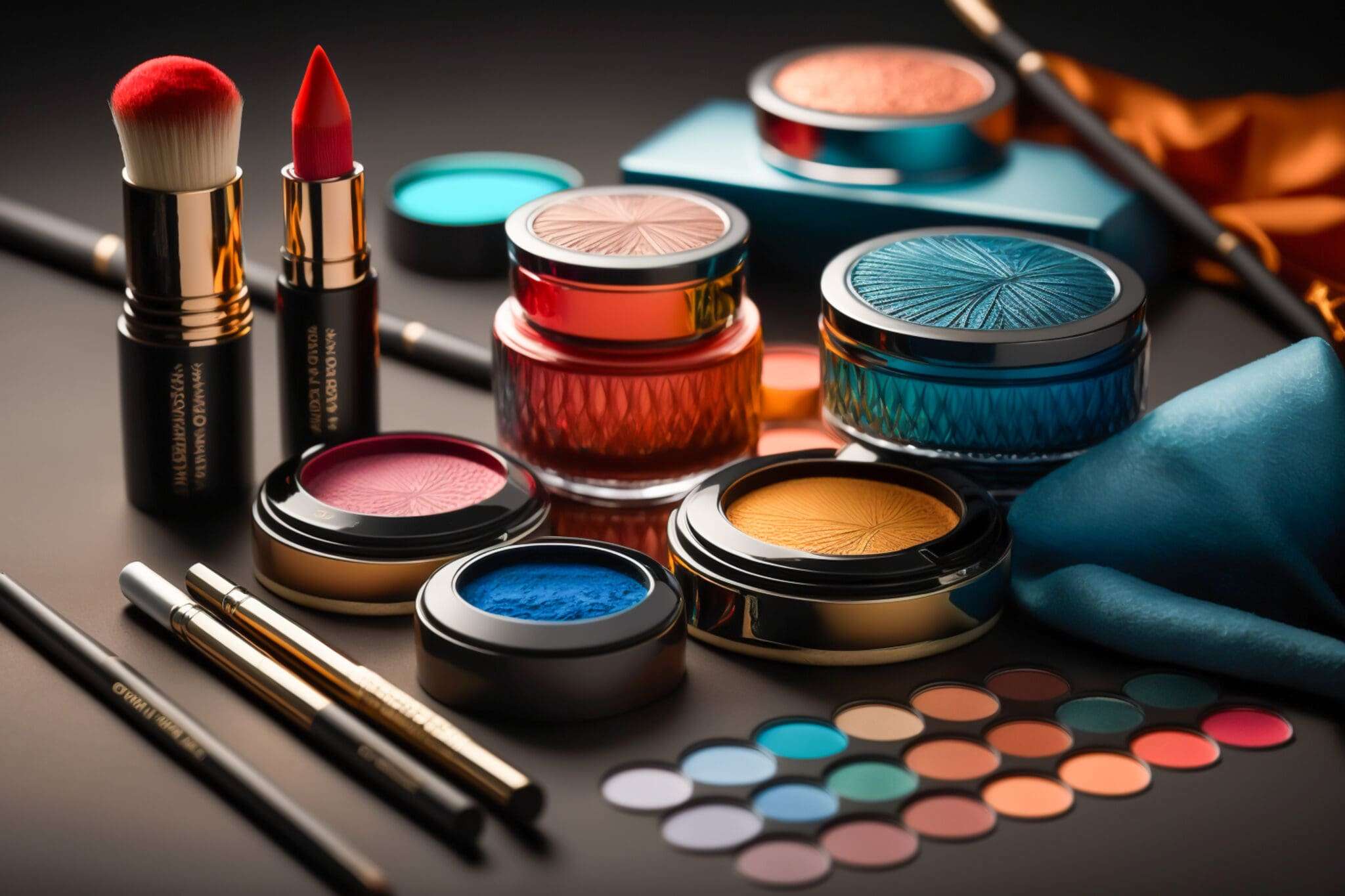The cosmetics industry plays a significant role in the daily lives of consumers, with a wide array of products being used regularly. In light of this, the Modernization of Cosmetics Regulation Act of 2022 (MoCRA) has been implemented to bolster the oversight and safety of cosmetic products. Under MoCRA, stringent reporting requirements, safety substantiation measures, and regulatory standards have been established to safeguard consumer health and ensure industry compliance.
Adverse Event Reporting and Facility Registration:
One of the core aspects of MoCRA is the requirement for companies to report serious adverse events associated with cosmetic products promptly. Responsible persons within the industry must adhere to strict timelines, reporting any adverse events to the FDA within 15 business days. Additionally, facilities involved in the manufacturing or processing of cosmetic products are mandated to register with the FDA, with registration renewal required biennially. These measures not only enhance transparency but also enable swift action in cases where product safety is compromised.
Product Listing and Safety Substantiation:
Under MoCRA, manufacturers are obligated to list each marketed cosmetic product with the FDA, providing comprehensive information on product ingredients and ensuring annual updates. Moreover, the safety substantiation requirement necessitates companies to demonstrate the safety of their products through robust data and hazard assessments. Safety Data Sheets (SDSs) serve as invaluable tools in this process, offering detailed insights into product compositions, hazards, and appropriate handling procedures. By leveraging SDS authoring services and software, companies can compile thorough documentation, facilitating accurate safety assessments in alignment with MoCRA standards.
Compliance and Regulatory Standards:
MoCRA not only establishes reporting and registration requirements but also mandates compliance with Good Manufacturing Practice (GMP) standards for cosmetic facilities. These standards ensure the quality and safety of cosmetic products throughout the manufacturing process. Furthermore, fragrance allergen labeling requirements and standardized testing methods for detecting asbestos in talc-containing products will be enforced to enhance consumer protection. While exemptions exist for certain small businesses, stringent regulations apply to products intended for specific uses or applications that pose heightened risks to consumers.
In conclusion, adherence to MoCRA standards is essential for companies operating in the cosmetics industry to ensure consumer safety and maintain regulatory compliance. By embracing the reporting, registration, and safety substantiation measures outlined in MoCRA, industry stakeholders can uphold the integrity of cosmetic products and foster consumer confidence. Through diligent implementation of regulatory standards and robust safety protocols, the cosmetics industry can continue to thrive while prioritizing the well-being of consumers.
For guidance in meeting MoCRA standards, reach out to us today and unlock the potential of our user-friendly SDS authoring software. Allow TotalSDS™ Author and our highly experienced global regulatory team lead you towards efficient, compliant, and current safety communication practices.


